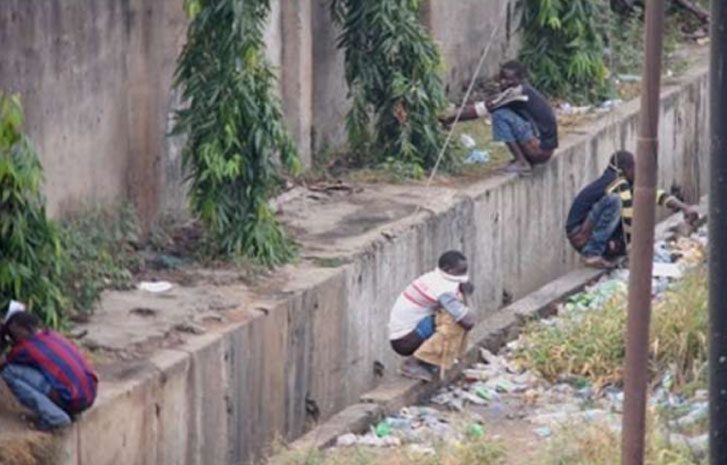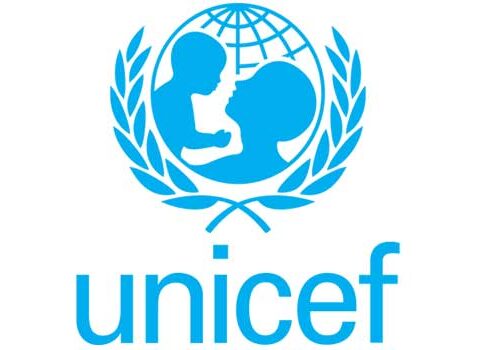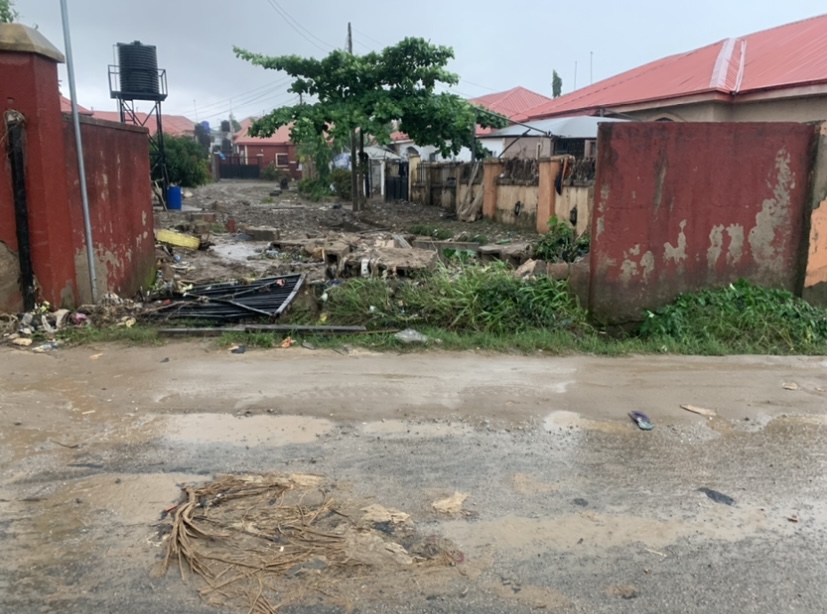The United Nations Children’s Fund (UNICEF) has said that Nigeria must build at least 39 million toilets annually to end open defecation practices in Nigeria by 2025.
Chief of Water, Sanitation and Hygiene (WASH) at UNICEF, Jane Bevan, while speaking at the opening of a two-day Maiden Toilet Business Owners Conference on Monday, July 3 in Abuja said the nation’s current construction rate is 180,000 – 200,000 toilets annually, which she said is not enough to address the challenge.
Describing the yearly construction rate as inadequate, she noted that business owners were vital to ending open defecation challenges in Nigeria.
Open defecation which is the act of passing excreta in open-air locations is a major environmental issue in Nigeria. It is also a serious health concern that has led to the spread of diseases, particularly diarrhea.
According to a UNICEF report, over 100,000 children under five die yearly from diarrhea. The report noted that 90 percent of these death cases are directly attributable to unsafe water and sanitation.
While speaking on the issue, Bevan called for the construction of more toilets.
Bevan also said 48 million people practice open defecation in Nigeria, while 95 million lack access to basic sanitation services.
She said the private sector could play a massive role in sustainability and strengthening sanitation markets in the country.
“About 1.3 percent of GDP or N455 billion is lost annually due to poor access to sanitation – health, health care savings, and productivity.
“Every dollar invested in water and sanitation results in economic benefits ranging from 3 dollars to 34 dollars.
“Nigeria cannot continue business as usual or will miss the target of 2025 and 2030. There is a need to strengthen and scale up proven strategies to reach the country’s goals.
“The private sector must work closely with all tiers of government and communities to actively create sustainable solutions to address the sanitation needs of unserved and underserved communities and help grow capital investment and human capital,” she said.
By Dare Akogun








